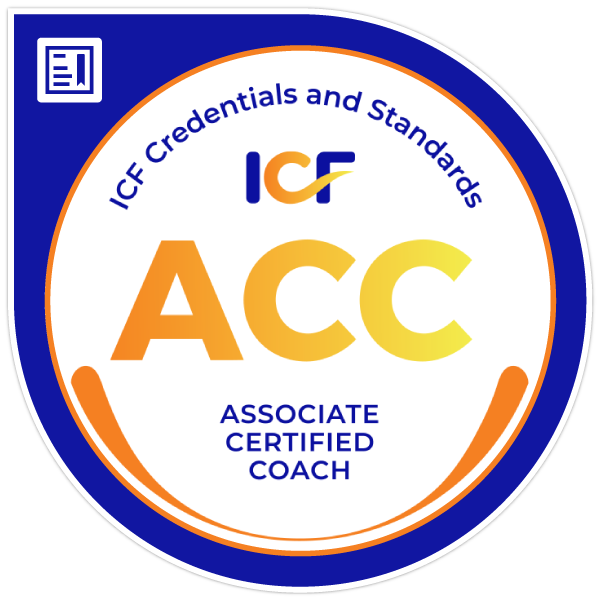Wellbeing Guides
Building Emotional Resilience: A Guide to Strengthening Your Inner Self
Emotional resilience is the ability to adapt to challenges with a positive mindset, strong coping strategies, and supportive relationships, enabling personal growth and well-being.
Wellbeing Guides
Building Emotional Resilience: A Guide to Strengthening Your Inner Self
Emotional resilience is the ability to adapt to stress, adversity, and setbacks while maintaining a sense of well-being. It enables us to recover from challenges, grow through difficulties, and maintain balance in both our personal and professional lives. Rather than eliminating stress or hardship, resilience empowers us to face these challenges with strength and adaptability.
Resilience is not an inherent trait but a skill that can be cultivated through mindset shifts, practical strategies, and conscious efforts. It involves learning how to regulate emotions, reframe negative experiences, and build a strong support system. By developing these abilities, we become better equipped to handle the inevitable ups and downs of life, emerging stronger and more capable. This guide will provide actionable strategies to help you build resilience and navigate life's challenges with confidence and composure.
1. Understanding Emotional Resilience
- Emotional resilience is not about avoiding stress but learning how to manage and respond to it effectively.
- It involves developing coping mechanisms, maintaining a positive outlook, and strengthening mental toughness.
- Resilient people acknowledge challenges but do not allow them to define their future.
2. Cultivating a Positive Mindset
- Reframe Negative Thoughts: Challenge self-limiting beliefs and focus on opportunities for growth.
- Practice Gratitude: Regularly reflect on what you are grateful for to shift focus from problems to positives.
- Embrace Change: View challenges as opportunities to learn and develop rather than threats.
3. Strengthening Self-Awareness and Emotional Regulation
- Recognize Your Emotions: Identify what triggers stress or anxiety and how you typically respond.
- Develop Healthy Coping Strategies: Engage in activities like journaling, meditation, or exercise to process emotions effectively.
- Pause Before Reacting: Practice mindfulness to avoid impulsive reactions and approach problems with clarity.
4. Building a Strong Support System
- Surround Yourself with Positive Influences: Connect with people who uplift and support you.
- Seek Help When Needed: Don’t hesitate to reach out to mentors, friends, or professionals for guidance.
- Engage in Meaningful Relationships: Foster connections that provide emotional safety and encouragement.
5. Developing Healthy Habits for Resilience
- Prioritize Self-Care: Maintain a balanced routine with proper sleep, nutrition, and physical activity.
- Manage Stress Effectively: Incorporate relaxation techniques such as deep breathing, yoga, or nature walks.
- Set Realistic Goals: Break down big challenges into manageable steps and celebrate progress.
6. Embracing a Growth Mindset
- Learn from Setbacks: View failures as learning experiences rather than permanent defeats.
- Develop Adaptability: Be open to new experiences and willing to adjust strategies when needed.
- Stay Committed to Personal Growth: Continuously seek knowledge, skills, and self-improvement opportunities.
Practice is everything!
Building emotional resilience is a lifelong process that requires intentional effort and practice. By cultivating a positive mindset, managing stress effectively, and fostering strong relationships, you can strengthen your ability to handle challenges with confidence and grace. The more resilient you become, the more empowered you will feel to navigate life’s uncertainties and thrive in all areas of life.
- Identify one area from this guide to focus on this week.
- Reflect on past challenges and how you’ve overcome them.
- Commit to small daily habits that build resilience over time.
Remember, resilience is like a muscle, the more you exercise it, the stronger it becomes!


